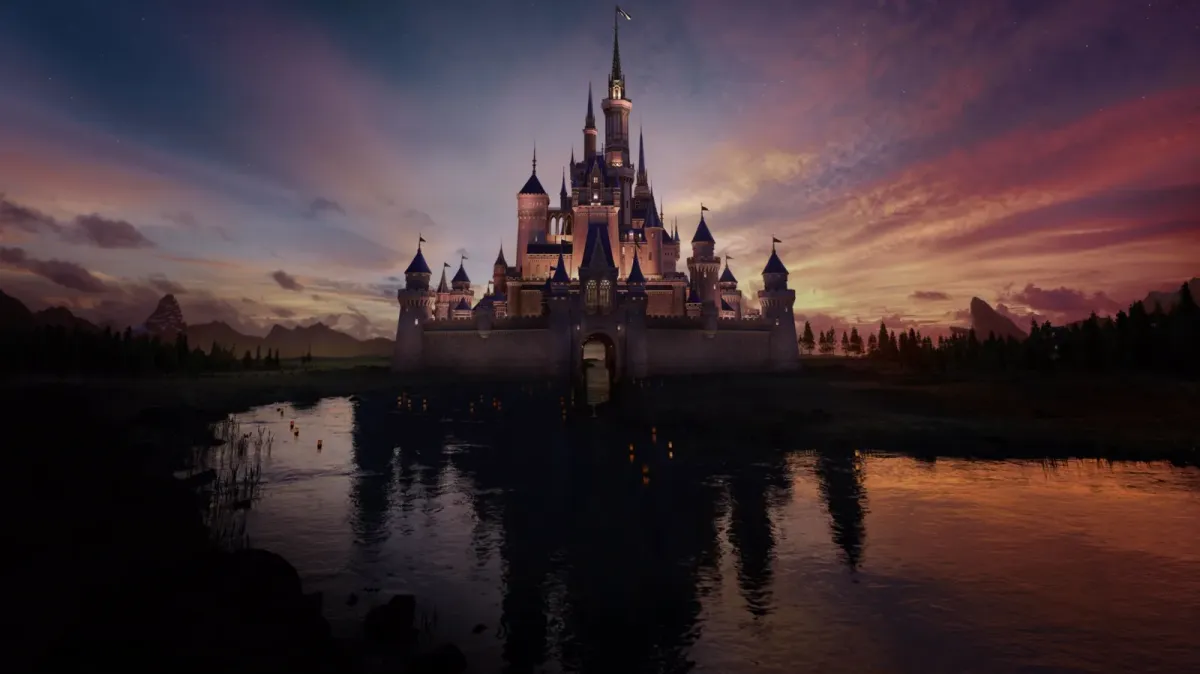Disney and NBCUniversal Take Legal Action Against AI Image Generator Midjourney
Media giants file copyright infringement lawsuit, signaling new battleground in AI-generated content
Two entertainment industry titans, Disney and NBCUniversal, have filed a copyright infringement lawsuit against AI image generator Midjourney, marking a pivotal moment in the ongoing battle between traditional media companies and artificial intelligence platforms. The legal action represents one of the most significant challenges yet to the rapidly expanding AI-generated content industry, with implications that could reshape how AI systems train on copyrighted material.
The Heart of the Dispute
The lawsuit alleges that Midjourney's AI system has been trained on copyrighted images owned by Disney and NBCUniversal without permission, enabling users to generate images that closely mimic or reproduce protected intellectual property. Court documents suggest that the AI platform can create images featuring recognizable characters, scenes, and artistic styles that bear striking resemblances to copyrighted works from both companies' extensive portfolios.
Disney's vast library includes iconic characters from Mickey Mouse to Marvel superheroes and Star Wars franchises, while NBCUniversal holds rights to Universal Studios properties, including Jurassic Park, Fast & Furious, and countless television shows. The companies argue that Midjourney's ability to generate similar content represents a direct threat to their intellectual property rights and commercial interests.
The AI Training Controversy
Central to this legal battle is the contentious issue of how AI systems acquire their capabilities. Most AI image generators, including Midjourney, are trained on massive datasets containing millions of images scraped from the internet. This training process allows the AI to learn patterns, styles, and visual elements that it later recombines to create new images based on user prompts.
The entertainment companies contend that this training process constitutes copyright infringement when it involves their protected content, even if the AI doesn't store exact copies of the original images. They argue that the AI's ability to reproduce similar styles and characters demonstrates that it has illegally learned from their copyrighted material.
Industry-Wide Implications
This lawsuit extends far beyond a single dispute between media companies and an AI platform. The outcome could establish crucial legal precedents for:
Content Creation Industry: Artists, photographers, and content creators worldwide are watching closely, as the decision could determine whether AI companies must obtain licenses for training data or face similar legal challenges.
AI Development: The case may force AI companies to fundamentally alter how they collect and use training data, potentially requiring explicit permission for copyrighted material or developing new technical approaches to avoid infringement claims.
Fair Use Doctrine: Courts will likely grapple with complex questions about whether AI training constitutes fair use of copyrighted material, particularly when the AI can generate commercially competitive content.
The Broader Legal Landscape
This lawsuit joins a growing number of legal challenges facing AI companies. Getty Images, Stability AI, and other major players have been involved in similar disputes. Artists and creators have increasingly organized to protect their work from unauthorized AI training, with some developing tools to prevent their content from being scraped by AI systems.
The legal landscape remains largely uncharted, with courts still developing frameworks for addressing AI-related copyright issues. Previous cases have produced mixed results, leaving both content creators and AI companies uncertain about their rights and obligations.
What This Means Moving Forward
The Disney and NBCUniversal lawsuit represents a significant escalation in the fight over AI training data. Unlike individual artists or smaller companies, these media giants possess substantial legal resources and influential lobbying power that could drive meaningful policy changes.
For consumers and creators using AI image generators, this case underscores the importance of understanding the potential legal risks associated with AI-generated content, particularly when creating commercial work that might resemble existing copyrighted material.
The entertainment industry's aggressive stance suggests that major content holders are no longer willing to tolerate what they perceive as unauthorized use of their intellectual property, regardless of the innovative potential of AI technology.
As this legal battle unfolds, it will likely influence how AI companies approach data collection, how content creators protect their work, and how courts balance innovation with intellectual property rights in the digital age. The outcome may well determine whether AI-generated content becomes a complement to human creativity or remains mired in legal uncertainty.
